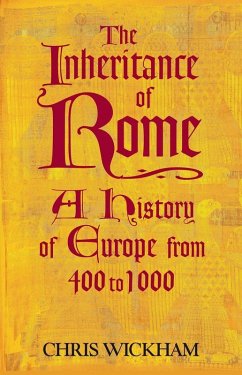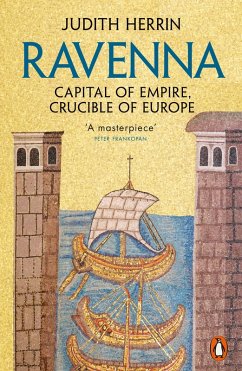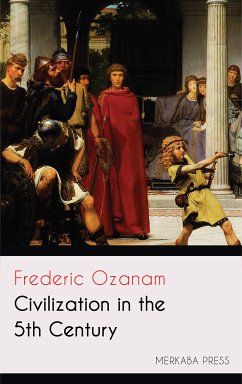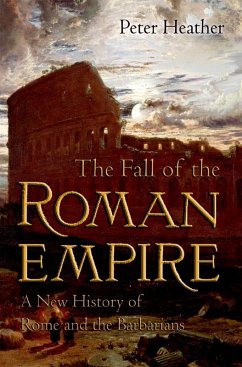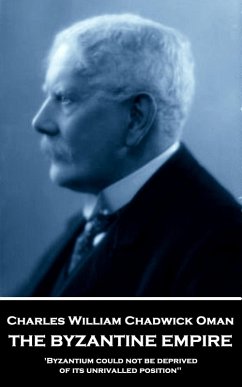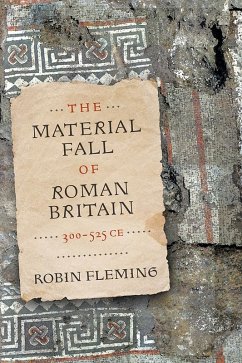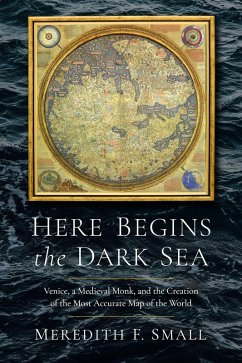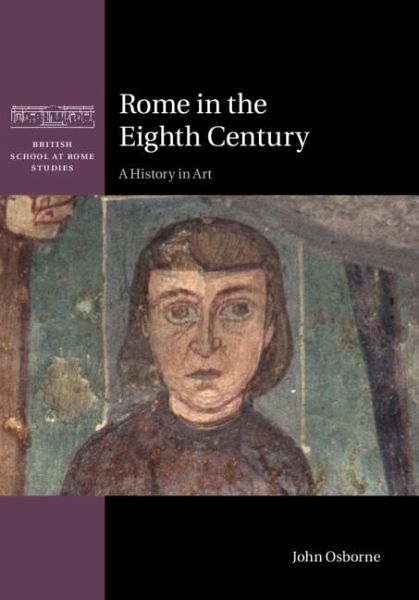
Rome in the Eighth Century (eBook, ePUB)
A History in Art
Versandkostenfrei!
Sofort per Download lieferbar
55,95 €
inkl. MwSt.
Weitere Ausgaben:

PAYBACK Punkte
28 °P sammeln!
This book addresses a critical era in the history of the city of Rome, the eighth century CE. This was the moment when the bishops of Rome assumed political and administrative responsibility for the city's infrastructure and the physical welfare of its inhabitants, in the process creating the papal state that still survives today. John Osborne approaches this using the primary lens of 'material culture' (buildings and their decorations, both surviving and known from documents and/or archaeology), while at the same time incorporating extensive information drawn from written sources. Whereas wri...
This book addresses a critical era in the history of the city of Rome, the eighth century CE. This was the moment when the bishops of Rome assumed political and administrative responsibility for the city's infrastructure and the physical welfare of its inhabitants, in the process creating the papal state that still survives today. John Osborne approaches this using the primary lens of 'material culture' (buildings and their decorations, both surviving and known from documents and/or archaeology), while at the same time incorporating extensive information drawn from written sources. Whereas written texts are comparatively few in number, recent decades have witnessed an explosion in new archaeological discoveries and excavations, and these provide a much fuller picture of cultural life in the city. This methodological approach of using buildings and objects as historical documents is embodied in the phrase 'history in art'.
Dieser Download kann aus rechtlichen Gründen nur mit Rechnungsadresse in A, B, BG, CY, CZ, D, DK, EW, E, FIN, F, GR, HR, H, IRL, I, LT, L, LR, M, NL, PL, P, R, S, SLO, SK ausgeliefert werden.




